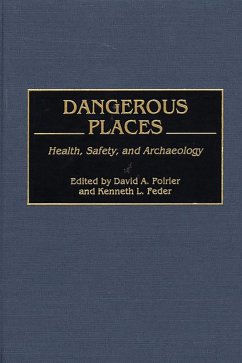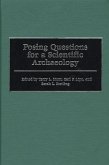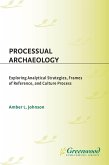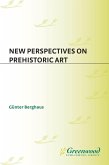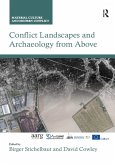Archaeological sites often seem to be idyllic, even romantic, places where scientists recover and analyze fascinating data that can inform us of past times and the past lives of our recent historical and ancient prehistoric human forebears. Too often, however, unrecognized dangers lie within: bacterial and viral infections hidden in the soil, concealed in the animals that roam through our sites, or even lying in wait in organic remains we excavate; toxic substances produced by the historical technologies we study and that continue to poison the sites where people once worked; the bodies of people who died of historical scourges that once afflicted humanity and whose excavated mortal remains may still harbor the pathogens that killed them, dormant and lying in wait for an unsuspecting and largely no-longer immune modern population. It's enough to make an archaeologist swear off fieldwork!
The truth is, however, that archaeologists need to be alerted to the dangers present in fieldwork and advised of the reasonable precautions that should be taken to insure the safest possible working environment. Dangerous Places brings together an enormous body of information regarding the threats that archaeologists face every day, and the best ways of behaving proactively to avoid or mitigate these threats.
The truth is, however, that archaeologists need to be alerted to the dangers present in fieldwork and advised of the reasonable precautions that should be taken to insure the safest possible working environment. Dangerous Places brings together an enormous body of information regarding the threats that archaeologists face every day, and the best ways of behaving proactively to avoid or mitigate these threats.

